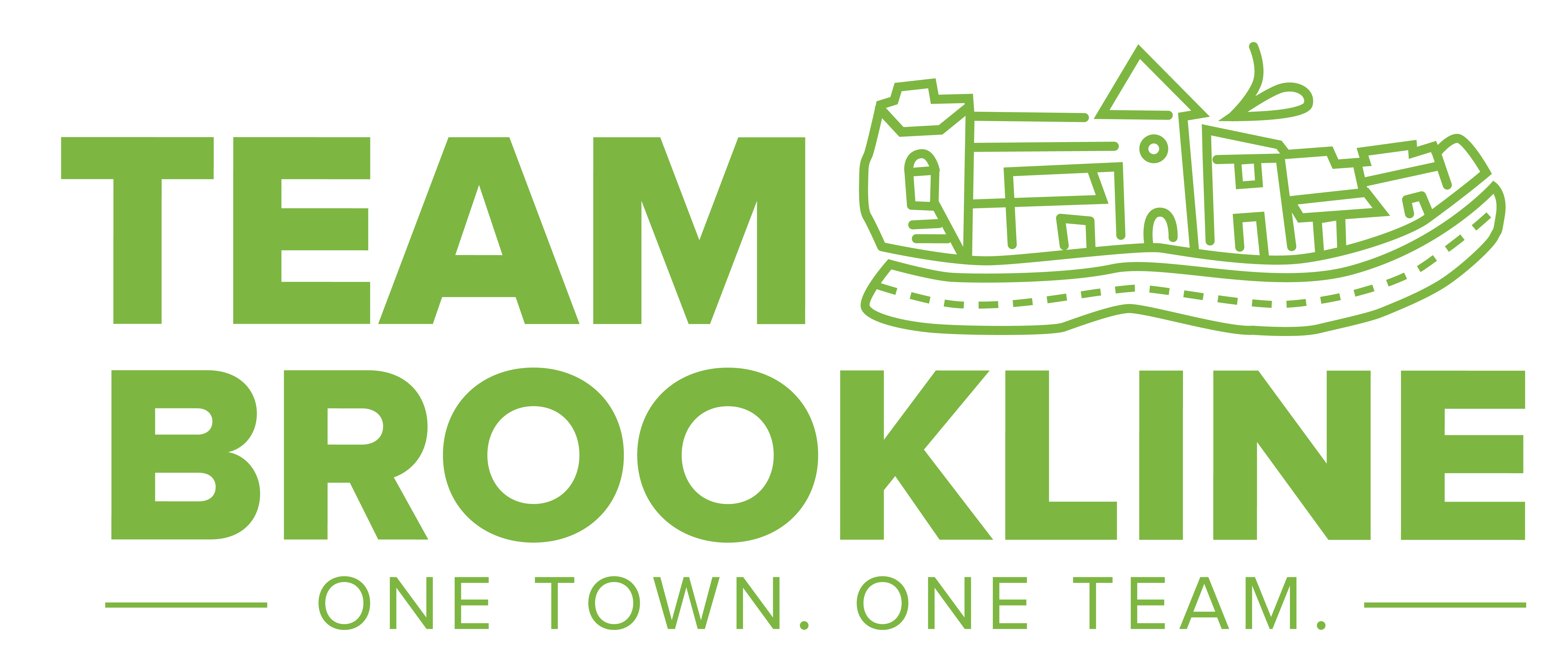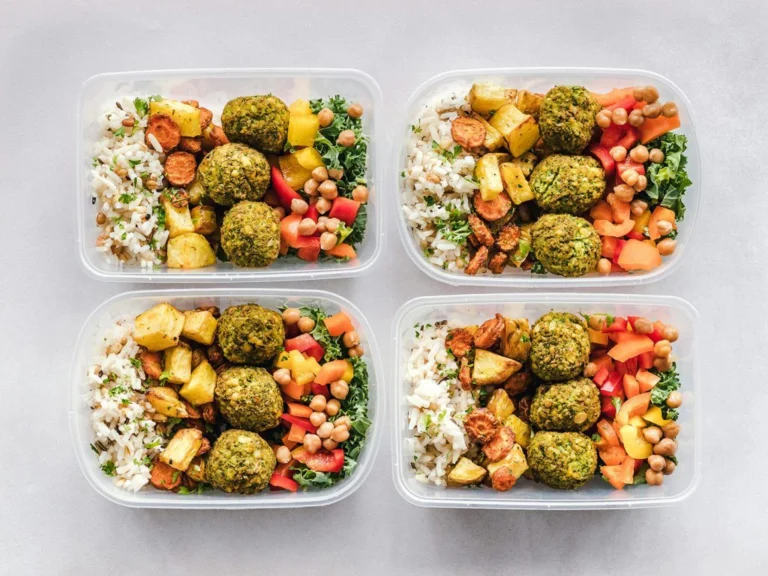Why Gut Health Matters for Runners
As runners, we often focus on miles, strength training, and nutrition—but there’s another piece of the puzzle that deserves our attention: gut health. Your gut isn’t just about digestion; it’s a vital system that supports energy levels, immune function, and even mental clarity. And for runners, that means it can directly affect how you feel on the road, trail, or treadmill.
Let’s break down why gut health matters for your training and how to support it with everyday habits.
What Is Gut Health?
Gut health refers to the balance and diversity of the microorganisms living in your digestive tract. These bacteria help break down food, absorb nutrients, regulate inflammation, and protect you from illness. When the gut is out of balance—often due to stress, poor nutrition, dehydration, or antibiotics—runners may experience bloating, cramps, fatigue, or inconsistent recovery.
A well-functioning gut allows your body to make the most of the food you eat, supporting better energy, fewer GI issues, and a more resilient immune system—all key for consistent training.
Why Runners Should Care About Gut Health
-
Better nutrient absorption: Your body needs to absorb carbohydrates, proteins, and fats efficiently to fuel runs and build strength. A healthy gut helps make that happen.
-
Reduced GI discomfort: Runners are no strangers to digestive issues, especially during long runs or races. A balanced gut can help reduce symptoms like bloating, gas, and mid-run cramping.
-
Stronger immunity: Heavy training loads can temporarily suppress immune function. A healthy gut supports your body’s defense system and may help you bounce back faster.
-
More consistent energy: Gut imbalances can lead to fatigue and sluggishness. When your digestion is steady, so is your energy.
The Role of Probiotics and Fermented Foods
Probiotics are beneficial bacteria that help maintain gut balance. While supplements are one option, many runners can benefit from adding naturally fermented foods to their diet:
-
Yogurt (with live cultures)
-
Kefir
-
Sauerkraut
-
Kimchi
-
Miso
-
Tempeh
Including these foods regularly may help reduce digestive upset, especially when training intensity increases.
Runner-Friendly Gut Health Tips
1. Eat a diverse, plant-rich diet
Aim for a variety of fruits, vegetables, whole grains, and legumes. These provide fiber that feeds the good bacteria in your gut and supports steady digestion.
2. Avoid extremes
Very low-carb or overly processed diets can disrupt your microbiome. Focus on balance over restriction—especially important during heavy training blocks.
3. Stay hydrated
Water supports digestion, nutrient transport, and the health of your intestinal lining. Bring your water bottle to every workout and sip throughout the day.
4. Manage stress
Training stress + life stress can throw your system off. Prioritize rest days, get outside, and use recovery tools like stretching, meditation, or simply unplugging after a long run.
5. Consider probiotics if needed
If you’ve had recent antibiotic use, frequent GI issues, or you’re looking to support your gut during intense training cycles, a high-quality probiotic supplement may be worth exploring. Talk to a healthcare provider if you’re unsure.
Final Thoughts
A healthy gut supports strong, consistent training. By making a few smart choices—like eating more fiber-rich foods, adding fermented options, and prioritizing hydration—you can improve your digestion, reduce discomfort, and feel more energized on every run.
As runners, we train hard and expect our bodies to perform. Supporting your gut is one more way to keep your body running at its best.
Stay tuned for more wellness and recovery strategies here on the Team Brookline blog.







